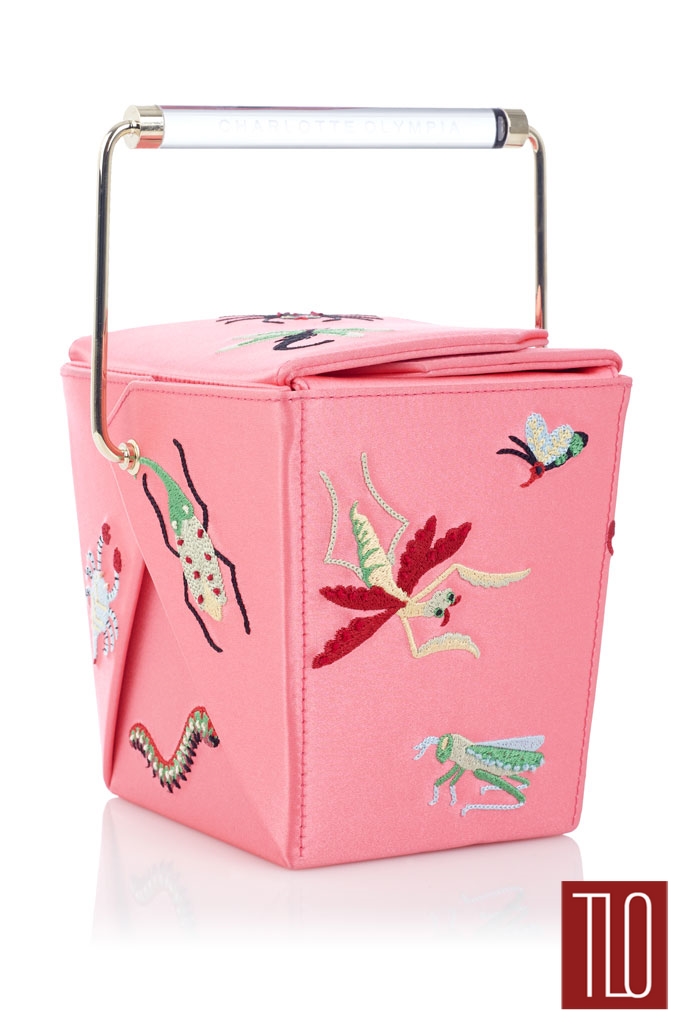A typical Yogurtland conversation went like this:
"If you could be from any culture, which culture would you choose? You'd still be in the same socio-economic status. This is just about which culture you'd find most interesting."
"Native American," my white friend replied. "So I could experience that culture and wear headdresses and learn a language without being accused of cultural appropriation."
And then she added, "but in the real world, because of societal privileges, I'd definitely stay white."
My half-Scottish, one fourth-Korean, one fourth-Chinese friend replied, "Chinese."
My other white friend looked at me expectantly, but her expression fell flat at the sight of my apparent lack of enthusiasm about the topic. "You don't seem to like this topic.."
"You'd want to stay just the way you are," my half-Asian friend casually interjected.
I nodded.
The implications of this conversation were stereotypical, shallow, and disappointing. To imply that changing one's culture would boost or lower one's socio-economic status, though a correlation between race and socio-economic status is regrettably apparent in the US, lacked anything beyond a generalized basis; income varies between individuals within any race. The conversation's definition of 'culture' was ambiguous. Naturally, there would appear little more to draw a person to a foreign race or ethnicity than language and traditional clothing. Furthermore, the notion of white superiority dominated the conversation. Though also a prominent concept in our society, the extent to which my friends (all white, though such a bias stems from many in our society regardless of race) insinuated that white is the privileged race surprised me. To be immersed in a foreign culture would be such fun! was the route which, through my eyes, the conversation took. The extent to which individuals within a culture were forced into a shallow notion of what it meant to be "Chinese" or "Native American"-- and naturally, only the appealing cultural qualities of each culture were considered-- was disturbing. "I just want to stop being bashed for 'cultural appropriation!'"= It's so hard being white! As liberals and proponents of diversity and non-racism, I thought they would have approached such a topic with more tact. I understand my friends' will to appreciate and immerse themselves into different cultures, but to diminish an entire world of people, be it the Chinese or Native Americans/Indians/etc. into digestible tablets of novelty and exoticism... ugh.
Update**
My friend notified me of links where other online-folk who expressed on the topic of Cultural Appropriation, and I wanted to share them:
Charlotte Olympia's Fall 2014 bags took Asian-inspiration to the literal extreme.
My friend read a comment responding to the photo reel of designer bags (see below) and told me that this commenter and I expressed similar points. I found SayWhaatNow's thoughts insightful, especially regarding the 'right to be fashion forward' and the implied meanings behind culturally-inspired accessories and clothing. SayWhaaatNow took inspiration from the site:
It's a complicated subject and obviously there is no clear-cut answer. I don't see many people sharing my opinion, which is why I'm choosing to share it here, but I do want to say that the following is just my two cents (and I apologize for the length):
Cultural appropriation is theft of culture, or going into a culture and taking bits and pieces to form a fashion identity or even an identity that goes beyond fashion, without acknowledging the cultural roots and contexts of those pieces, and without regard for the appropriate context within which those pieces are typically placed. Sanaa Hamid did a great photography piece on cultural appropriation
here, which I am going to borrow to illustrate my points:
Take a look at these two images:
Image 1, and
Image 2. The first woman feels justified in wearing the Christian Cross - it holds no meaning for her, it holds no true value so therefore, how is she mocking it? But the second woman is helpless in this situation, being told that her feelings and the meaning she imbues into that Cross are less valid than someone else's right to be fashion forward.
That right to be fashion forward is not a privilege that is shared equally. When someone like myself leaves home in a sari or someone of East Asian background leaves home with the bags in the post, those items clearly mark us as "Other" and perhaps even as failures of assimilation. However, when someone who doesn't share the heritage of those items walks out the door, they are immediately perceived as "edgy". There is a huge context and experience of identity here that people of non-Asian heritage lack and probably don't understand.
It's fine that you admire and feel at peace with Eastern philosophies and art. It's lovely, actually. But it's vital to take history into context and ask yourself if the ethnic group in question would be offended with wearing items that are literal interpretations of another culture, and whether the person profiting from such interpretations belongs to that culture as well. One some level you feel you identify with Eastern philosophies and art and clothing, but do you also identify with the negative aspects of that identity? Have you ever identified with the pain of being marked as "Other"? Have you ever identified fully with both the positive and negative aspects of this particular culture? And if so, does the recognition of that pain inform and bind you more closely to the heritage?
In appreciating other cultures, we simply cannot take the shiny parts and leave the rest behind. That, in sum, is cultural appropriation.
I found it interesting that my friends pushed toward being non-white ethnicities for the privilege of wearing things like headdresses without appearing offensive while SayWhaaatNow argued that ethnic groups, especially those still residing in their country of origin, are the groups who live without the 'right to be fashion forward.'

No comments:
Post a Comment